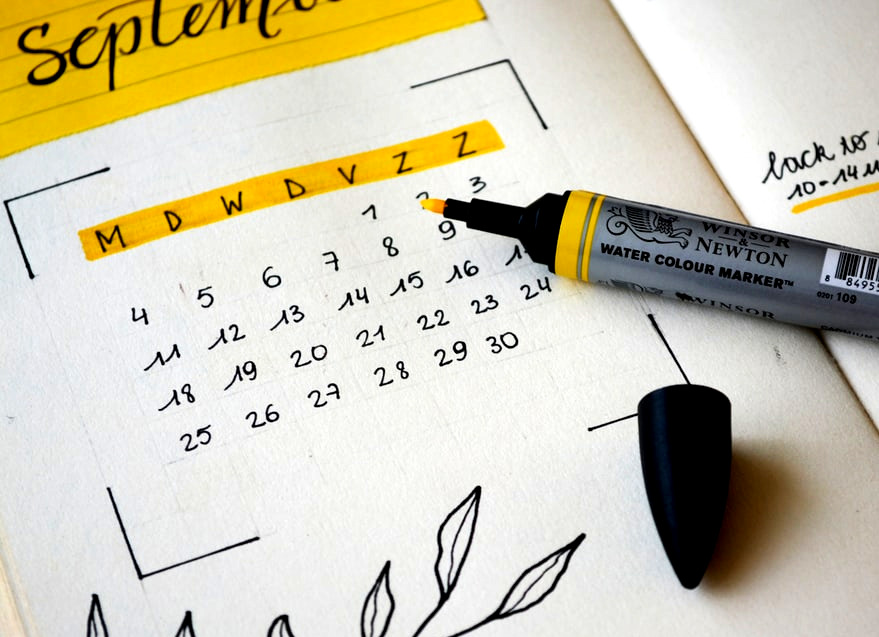 Rehab is a unique experience for everyone. As you get things settled within your brain and body, you make friends and develop a new sort of family. You talk about shared experiences and can communicate the difficulties you experience with others. Rehab is a safe place, and when you leave, you are faced with the real world for the first time in weeks or even months. Suddenly, you may feel alone and without focus.
Rehab is a unique experience for everyone. As you get things settled within your brain and body, you make friends and develop a new sort of family. You talk about shared experiences and can communicate the difficulties you experience with others. Rehab is a safe place, and when you leave, you are faced with the real world for the first time in weeks or even months. Suddenly, you may feel alone and without focus.
Feeling Alone
In rehab, you have an immediate cohort of people who understand you and can help you cope with difficulties as they arise. When you return home, you may feel alone because you miss your community from rehab. No matter what your circumstances are, going home after time spent healing in a therapeutic environment can feel lonely.
At The Guest House, we recognize the struggle you may face in leaving rehab behind, which is why we offer our Alumni Program to those who have used our services. We do not want you leaving and feeling abandoned when you go home. Help is always available by reaching out and asking for help. You are not alone.
A Lack of Focus
Many people who graduate from rehab and return home may feel a sudden lack of focus in their lives. While this is frustrating, this feeling is normal. Leaving rehab and its emphasis on healing and bettering yourself physically and mentally means suddenly facing the real world and having to develop your focus for each day. One way to combat this loss is to start each day by making a focus on the day. Try to maintain goals and priorities. You will do best if you begin developing some structure.
Missing Structure
One benefit of treatment is the structure it provides for you. Rehab has a set schedule: waking, eating, therapy, and lights out. You have scheduled free time and are kept on task by treatment professionals interested in your well-being. When you go home, especially if you live alone or have limited daily expectations, you may experience loss at the lack of structure.
After rehab, it’s important to develop goals and priorities and create a schedule for yourself. If the schedule you followed in rehab worked for you, consider following that same schedule. You can only achieve success if you try. If you do not attempt to put your life into some sort of order, you are at risk of relapse.
Depression After Rehab
Although not often spoken of but experienced, depression occurs in many people following any period of sustained and structured treatment. You may miss rehab after you leave and want some of the friends and structure you experienced to be back in your life. You developed stability and recognized the ups and downs of rehab. Suddenly, you are back in the real world, and your stability is lacking. You have to make choices now about almost everything, and you are no longer in the safe environment found in rehab. The loss of comfort found in rehab can be distressing but can be overcome. Depression caused by leaving a safe space can be overcome by developing plans to create your own ideal safe space. You can further build your self-care skills as you cope in these first 30 days.
The First 30 Days
The first 30 days may be the most difficult as you battle various emotions about being out of rehab and about having gone to rehab. You may face people who do not understand and who may treat you differently. Do not worry about these people. While stigma is real, stigma is often a result of ignorance. Advocate for yourself through educating others and continuing to educate yourself. These first 30 days give you the opportunity to prove yourself capable of coping.
You may need additional support during this time. Reaching out to family and friends is critical to your well-being. Knowing someone is willing to be there for you and recognize who you are as a person beyond your diagnosis is essential to surviving these 30 days without relapsing. Find a core group of friends to lean on, and be open with your family about what you are experiencing.
You Are Not Alone
The most important thing to remember about your recovery is that recovery does not occur in a vacuum. You are not alone. There are various support groups available to you, including the Alumni Program at The Guest House. You don’t need to go through this struggle alone. Support is available.
The first 30 days following treatment can seem overwhelming and hard to get through. However, you are not alone, and there is available support all around you. Reaching out for help is critical. If you or someone you know is struggling in recovery, asking for help is in everyone’s best interest. You do not have to focus on recovering from a mental health disorder or addiction on your own. Finding safety in structure and friendship is necessary. At The Guest House, we provide an Alumni Program for people who have completed our treatment programs. If you are struggling during any part of the recovery process, we have opportunities for assistance available to you. The Guest House recognizes the struggle you face with mental health or substance use disorders. You are not alone, and we are here to help. Contact The Guest House at (855) 483-7800 and learn how we can help you overcome challenges you may face after rehab.